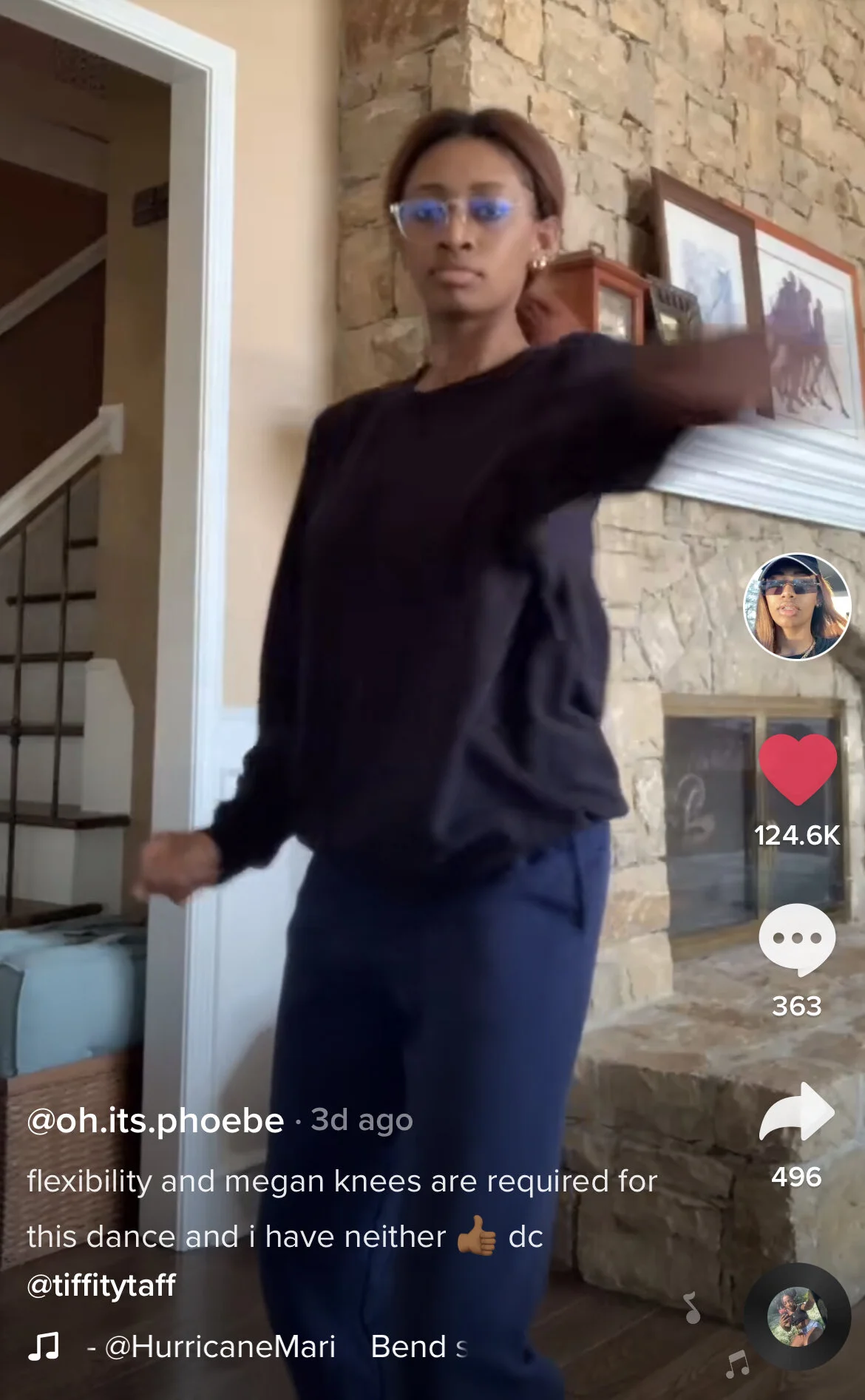TikTok, Trends, and Black culture
The importance of crediting and tagging creators
We’ve all seen and participated in the viral trends and dances on TikTok, but have you ever wondered where they came from?
TikTok creator Phoebe Hines is one of the many black creators on the app that has started viral dance trends but is hardly ever recognized for it. One of her dances caught the attention of viral TikToker, Charli D’Amelio, who posted a video of her doing Hines’ dance but D’Amelio failed to tag her or give her credit for the trend. Even though Hines was recently highlighted by Awesomeness TV and experienced an increase in her following, instances like this aren’t very common for Black creators or creators of color on TikTok.
Why should we care? 🤔
Forgetting to tag a creator for a trend may seem harmless and you might not think anything of it, but it actually does more harm than good, especially when a majority of these viral trends are started by black creators on social media and end up being labeled as a “trend” started by Gen Z.
It’s important to recognize that a lot of things that we consider “trendy” or “popular” in our society have stemmed a lot from black culture, but not a lot of people acknowledge it, or simply don’t care enough to. However, the erasure of Black culture in our society isn’t new. This has been going on for a while, but no one’s actually taken the time to address it.
For decades, Black culture has become extremely popularized, but it’s hardly ever recognized as “Black culture”. We’ve seen this with fashion—the recent rise in baggy clothing, chains, hoop earrings, and the “Y2K” style, which was popularized in the 90s and rooted in Black culture, but has now been coined as “street-style” or the latest fashion “trend”. A lot of our favorite TikTok dances (i.e the “Renegade”) that gained traction and popularity after big TikTok creators like Charli D’Amelio and Addison Rae did them, were again, started by black creators.
In a past article Language is Changing, we mentioned how a lot of Internet “slang” we’ve incorporated into our everyday vocabulary actually stems from AAVE (African-American Vernacular English) and how it has been used carelessly by non-black people.
AAVE has been used by Black people for centuries, but many Black individuals were criticized for the way they spoke, and AAVE was weaponized to keep them oppressed. However, AAVE has now become “popular” and has been used in advertisements, commercials, branding, etc. Many companies and non-black individuals have also profited off of and created platforms for themselves through the use of Black culture, and still have yet to accredit its creators.
So what can you do?
Whenever you’re thinking about posting a TikTok trend that you found cool, simply tag the creator before you post. Mentioning the creator helps give them and their content more exposure, plus it’s essential for us to start working towards giving representation to not only Black creators but to all creators of color, while also acknowledging the erasure of Black culture.









